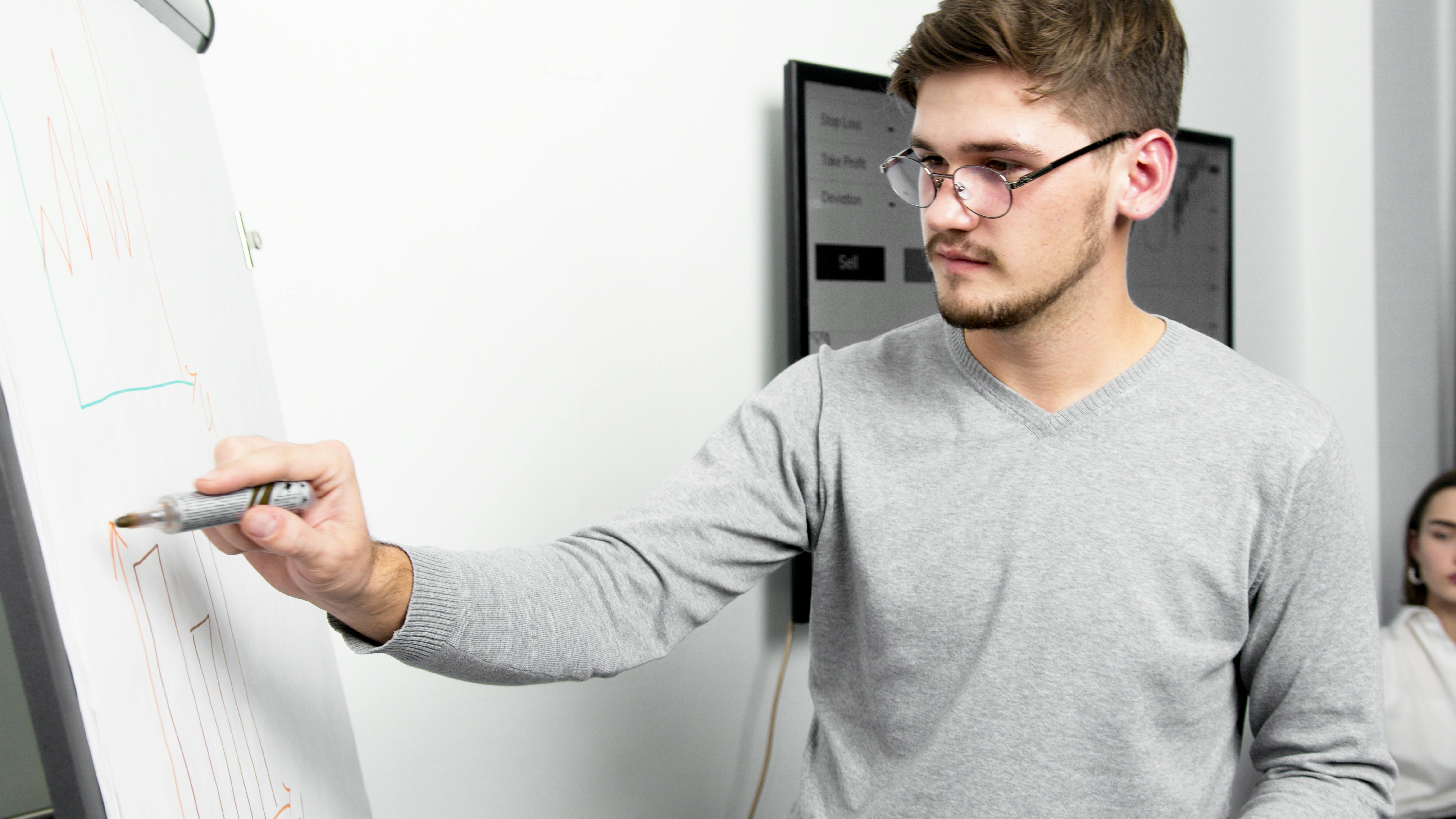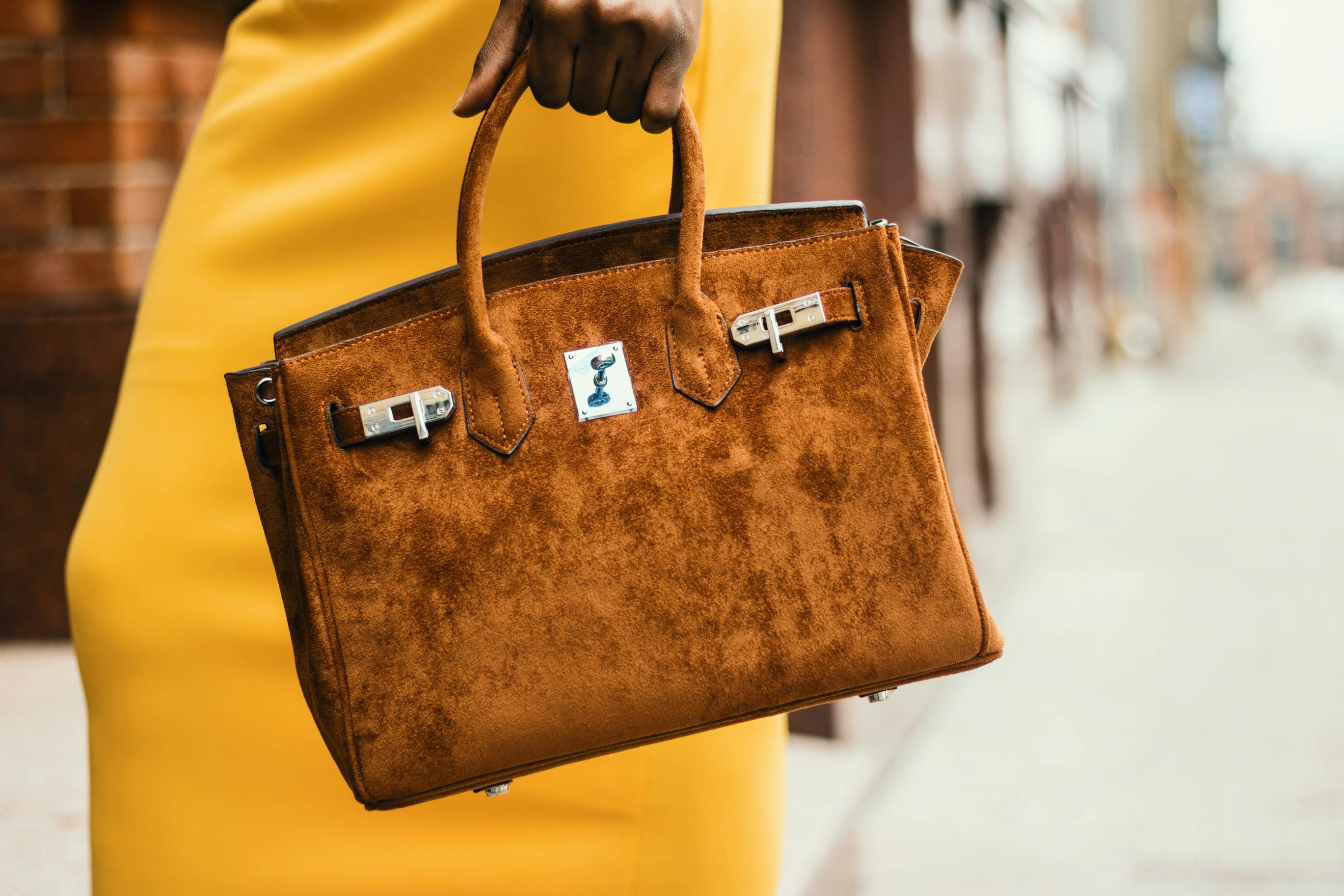As the title says, prevention is better than cure. In all aspects of medical science, prevention is better than cure, and the same is true for acne. There are simple steps that must be taken to ensure acne prevention. If you already have acne, your goal is to prevent it from spreading further. People often think that washing their face twice a day with a facial soap is enough, however, that is not the case, since everyone learns the hard way.
There are several key factors that decide if you are preventing acne OR if it is actually helping it to colonize your face without your knowing it.
1. Problems with diet
Your diet is one of the most important factors that dictates the presence of acne. Reduce or totally eliminate sugar, refined carbohydrates (flour, white rice, spaghetti, pizza, cookies, chocolate, candy, cakes, etc.), caffeine (opt for milk or teas), vinegar, monosodium glutamate, bananas and pineapples ( Little known, many people have an acute skin sensitivity to bananas and pineapples), iodine (found in shellfish), hydrogenated oils (e.g. vegetable oils, this is one of the biggest killers), lard and alcohol.
Water is also very important. It is like a miracle drug. Most people don’t get enough water every day. As you know, water keeps skin healthy and radiant. Your body loses a lot of water through perspiration, exhalation, and bowel movements, so replacing them with an adequate supply of water on a daily basis is of the utmost importance. There has been a lot of debate about the correct amount of water consumption. For a long time, everyone has been taught 8 glasses of water a day, and in recent times, claims that having enough of one drink to not be thirsty is enough. I recommend drinking between 1.5 and 2 liters / day is enough. Drinking too much makes the kidneys work harder too.
2. Long hair
Long hair can cause or cause more problems during an acne breakout. Everyone’s hair contains many oils. It also picks up a lot of debris and dirt from the surrounding dust and your sweat etc. The hair is then repeatedly glided against the face, leaving all the unnecessary dirt and oil on the face in the process. You should cut your hair short (short is just as stylish) to avoid this. If you don’t want to, tie your hair neatly (you’re probably a girl) so it doesn’t touch your face. Make sure your hair products don’t get on your face too.
3. Cosmetic problem
Another key factor lies in cosmetics. Make sure your cosmetics are not causing allergic skin reactions if you are sensitive to certain products and if your cosmetics are oil-based. Never use oil-based products. This applies to your makeup (such as foundation, concealer, etc.), your moisturizer, your sunscreen, and anything else you put on your face. A makeup with an H2O base is much better.
4. Supplementation
Some people include vitamin A and / or zinc supplements in their regimen to prevent acne. Although it is not required, it helps in your efforts. Vitamin A works to maintain skin health and it is recommended to take around 900¼g / day. Do not take anything higher than that, as vitamin A is best known for its toxicity, which causes many serious problems.
Zinc helps prevent premature skin aging and is an antioxidant. Men should take at least 11 mg / day and women 8 mg / day. As with vitamin A, do not overdose.
5. Tight clothing
Try not to wear clothing that is too tight as it will make you perspire more easily. Perspiration blocks pores and contains oil and other impurities. If you like sports, shower as soon as possible after finishing your activities. You should prioritize washing your face first IMMEDIATELY after finishing your activities, even if it is without a shower (although it still smells).



